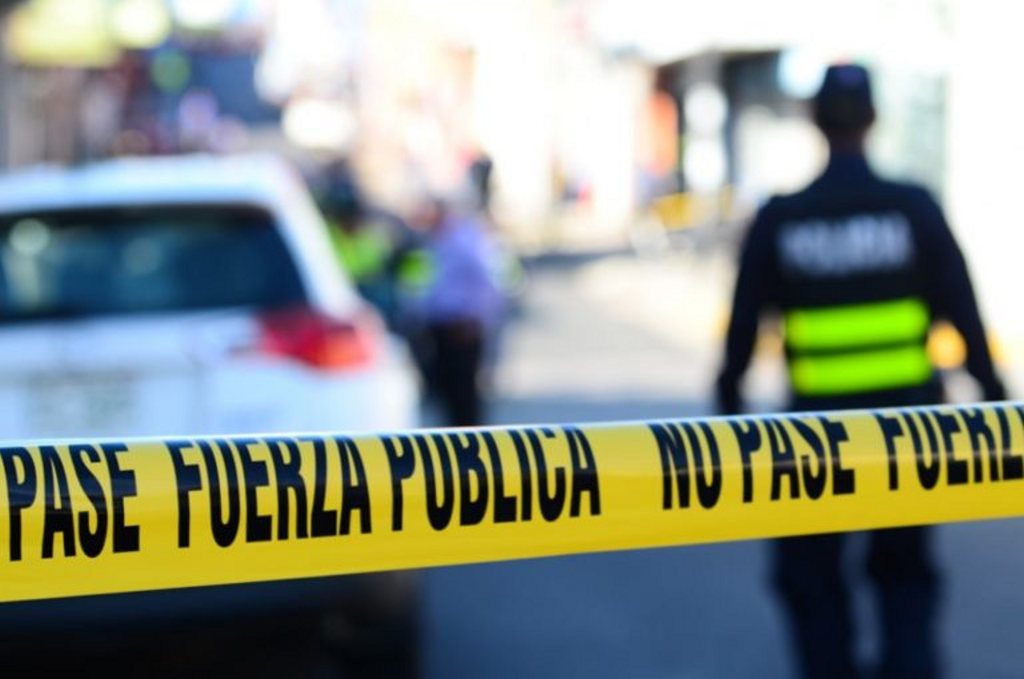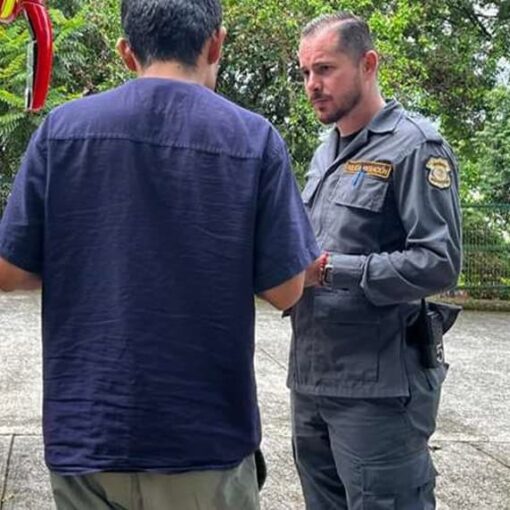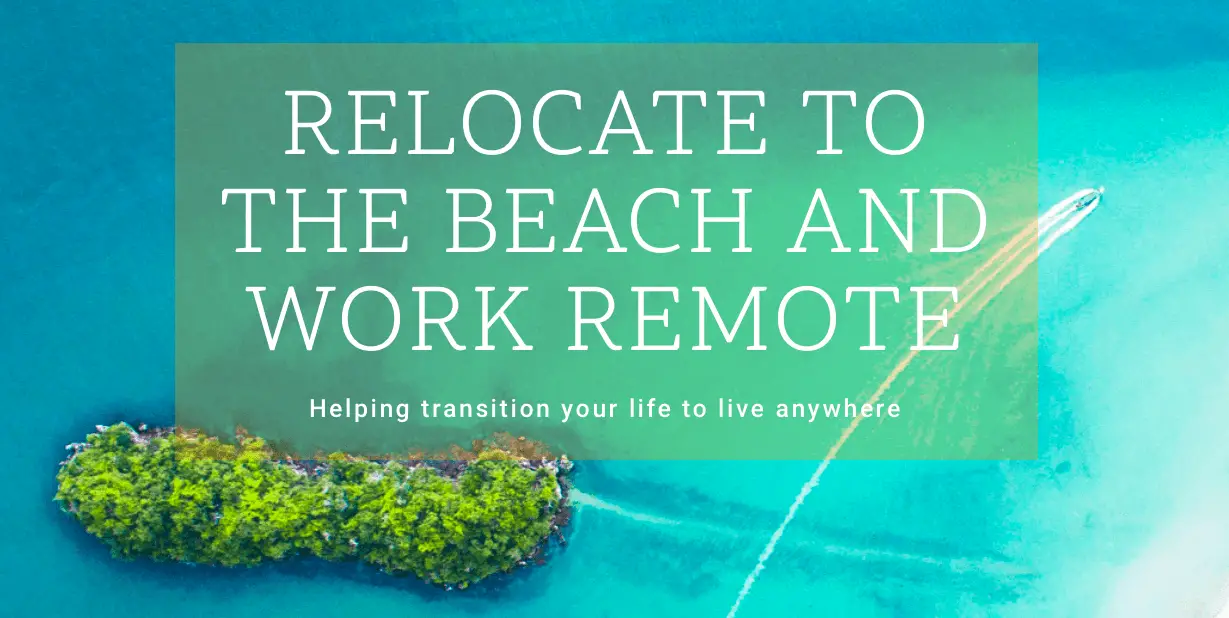The controversial re-election of President Nicolás Maduro in Venezuela will “worsen” attacks on the press, said Artur Romeu, the Latin America director of Reporters Without Borders (RSF). He also warned of an escalation in the persecution of journalists in Nicaragua. Romeu is in Guatemala to visit journalist José Rubén Zamora, a critic of right-wing President Alejandro Giammattei’s government (2020-2024), who has been imprisoned for two years on money laundering charges filed by the controversial Guatemalan prosecutor’s office.
In an interview, Romeu warned about the impact on press freedom of the Venezuelan elections, which the opposition and some countries in the region denounced as fraudulent. Additionally, he expressed concern over the recent disappearance of Nicaraguan journalist Fabiola Tercero, amidst a new wave of “repression against the press” critical of Daniel Ortega’s government.
Q: What is the future of press freedom in Venezuela following Maduro’s re-election?
A: Journalism in Venezuela has been under pressure, attack, and direct censorship by the Maduro regime and Chavismo for decades, but the situation continues to worsen. There has been no press freedom in Venezuela for a long time, but the current conditions lead us to believe it could deteriorate further if there is no confidence. The context is one of widespread atrophy of the information ecosystem. Many media outlets have disappeared.
Q: To what extent could the situation deteriorate further with the re-election?
A: If an election with serious fraud accusations and widespread distrust is maintained, it’s hard to imagine a scenario where journalism can be more vibrant, present, and able to work in a more structured way. There is really no optimism; it’s hard to have hope.
We hope the situation does not deteriorate as Maduro himself has envisioned, as a ‘bloodbath.’ We hope it doesn’t reach that point.
Q: How do you assess the situation of the press in Nicaragua?
A: Nicaragua is currently experiencing perhaps the worst situation in Latin America regarding press freedom. I would say it’s the same for human rights in general.
Almost all independent journalism in Nicaragua is outside the country. The situation in Nicaragua, in terms of human rights and especially press freedom, is like a horror movie. To a large extent, we still have more or less stereotypical ideas of what state censorship means, and often that has changed over time.
But in Nicaragua, it is very clear. There is almost a caricature of state censorship, in its pure, classic form, where the government systematically and daily interferes with the flow of information in all its forms, impacting the journalistic process at every moment. There are around 260 exiled journalists, mostly in Costa Rica, but also in the United States and Spain.
Q: Has anything changed for journalists in Guatemala with the current government of Bernardo Arévalo?
A: We are no longer in the previous government [of Giammattei] where there was a discourse of persecution and harassment towards the press, which even fueled a logic of criminalizing journalism.
However, more concrete changes have not yet occurred. Several journalists had to go into exile from Guatemala. At least 16 journalists have been documented as having to leave the country due to a criminalization strategy by the Public Ministry (prosecutor’s office).
The Public Ministry plays an absolutely central role in everything that is happening, more than in other countries we have worked in, where we monitor the situation of press freedom.
Q: And what do you think about the practice of journalism in El Salvador under President Nayib Bukele?
A: Bukele perceives journalism as propaganda, so he does not understand or does not want to understand journalism’s social function of exercising social control over power. That does not interest him.
Source link
AFP



